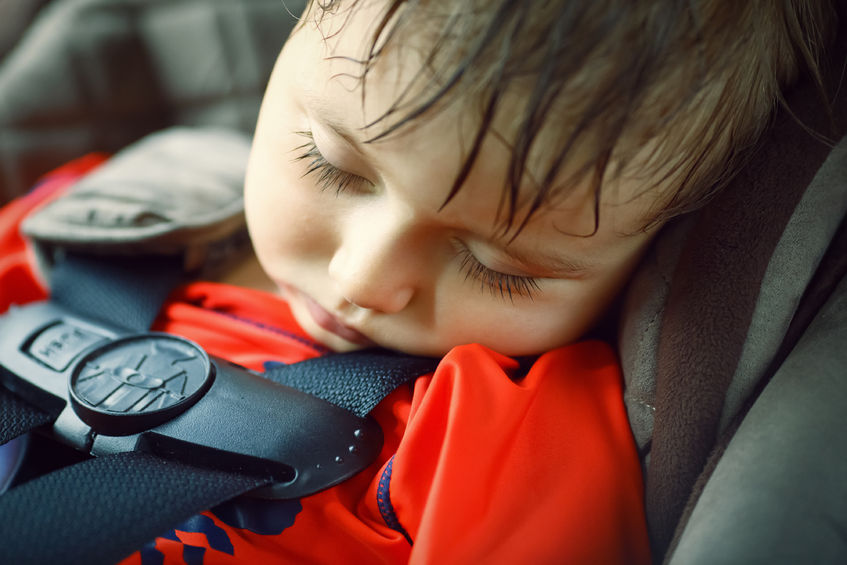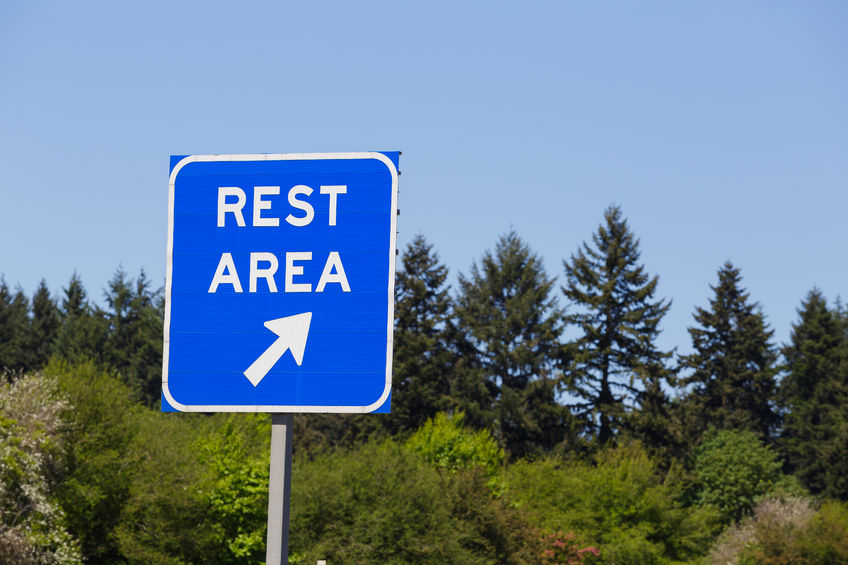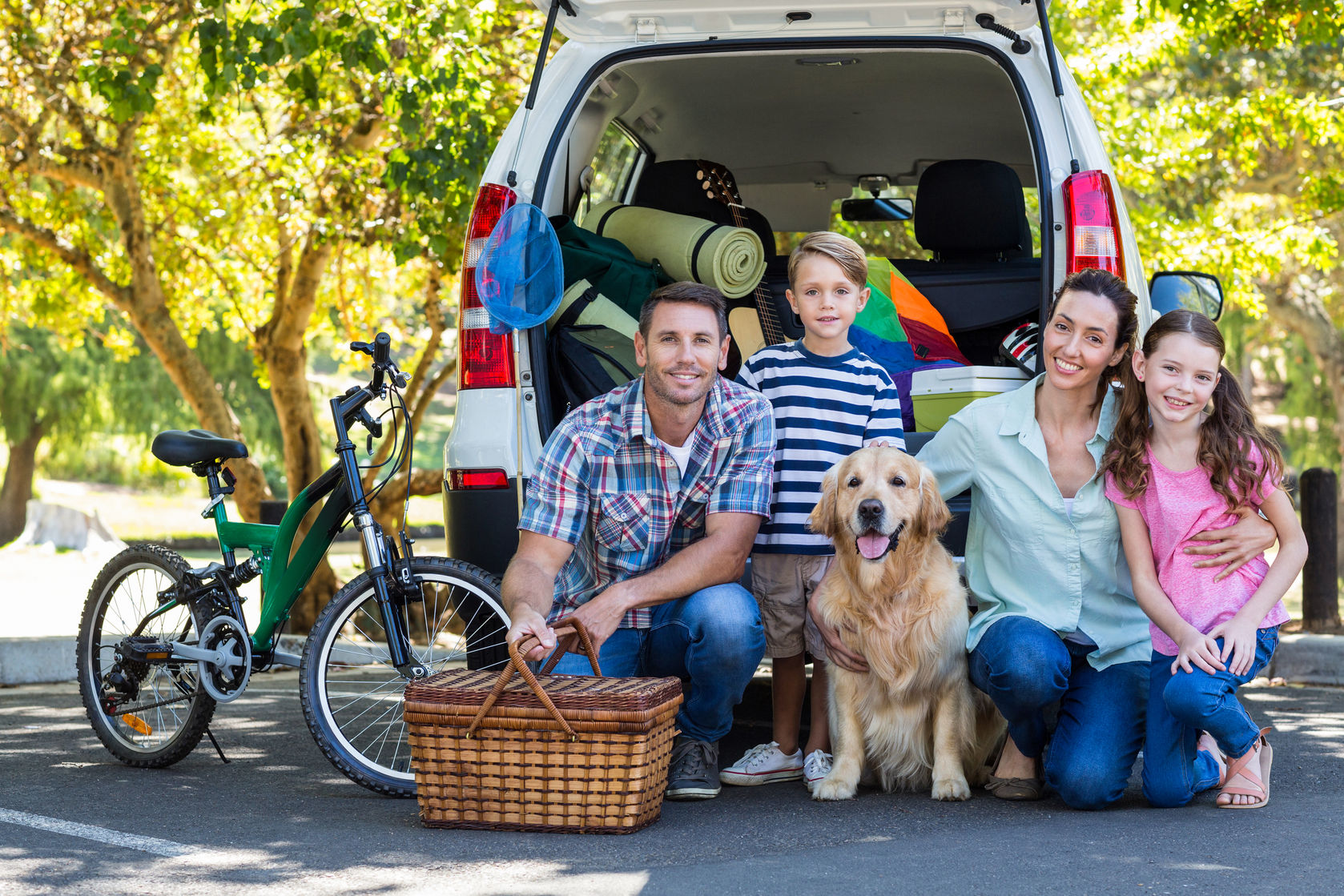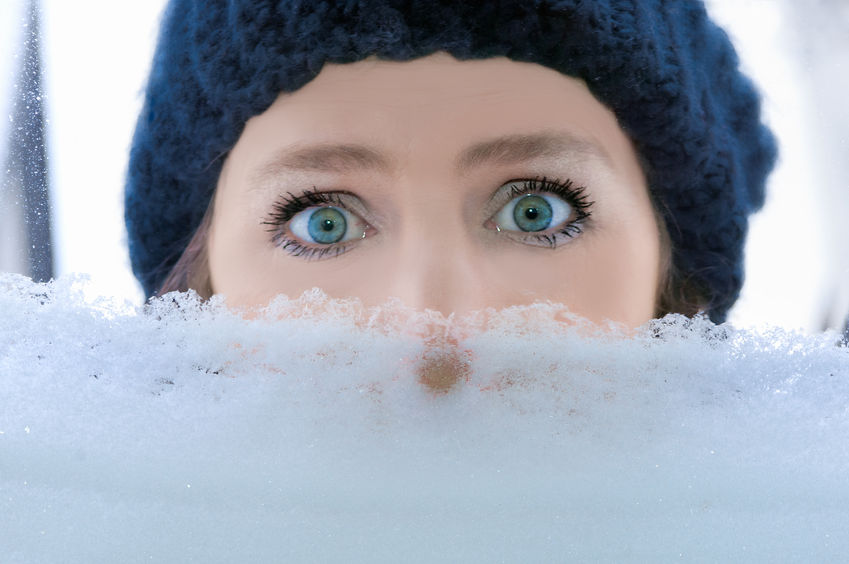Depending on the kind of car you drive, winter weather can be a hassle for several reasons. First, the roads are going to be tough to traverse, with black ice and snow causing you to skid and slide all over the place.
Second, if your car is exposed to the elements, it may get damaged in the process. In many cases, your battery will die from the cold temperatures. In extreme cases, some of the fluids in your engine could freeze, or the whole engine block could crack.
So, with that in mind, here are some ways to keep your car in good shape this winter.
Prepare a Winter Supply Case
If you live somewhere that gets a lot of snow, you never know if you will get stranded somewhere. In these situations, it can be crucial to have supplies on hand to get out safely. Some items to include are road flares, emergency blanket, radio, an ice scraper, some water and snacks, and jumper cables. If you really want to be prepared, then keep a spare charger for the battery.
Check Your Fluids
Antifreeze and coolant are going to be the most vital liquids for your engine during the winter, so make sure that they are topped off before the first snowfall. Be sure to test them to make sure they are appropriate for the surrounding temperature.
Inspect Your Tires
Although you may have to rely on chains to get around, you also want to be sure that your tires have sufficient traction for the roads. If they are getting bald, you need to replace them ASAP. This is also good advice in general, not just for winter.
Another thing to make sure of is that your tire pressure is sufficient. With cold weather, it’s best if they are a little underinflated (maybe five psi lower than normal) so that you can get better traction.
Switch to Winter Wiper Fluid
Usually, the fluid that stays in your car to keep your windshield clean is going to freeze during the winter. A specialized mix will remain viscous during the season and allow you to clean your windows without worry.
Use Winter Oil
Like wiper fluid, your oil may not be optimized for colder weather. As such, be sure to get an oil change before the temperatures drop dramatically so that you can keep your car in pristine shape during the frozen months.
Preparing For Winter Series








